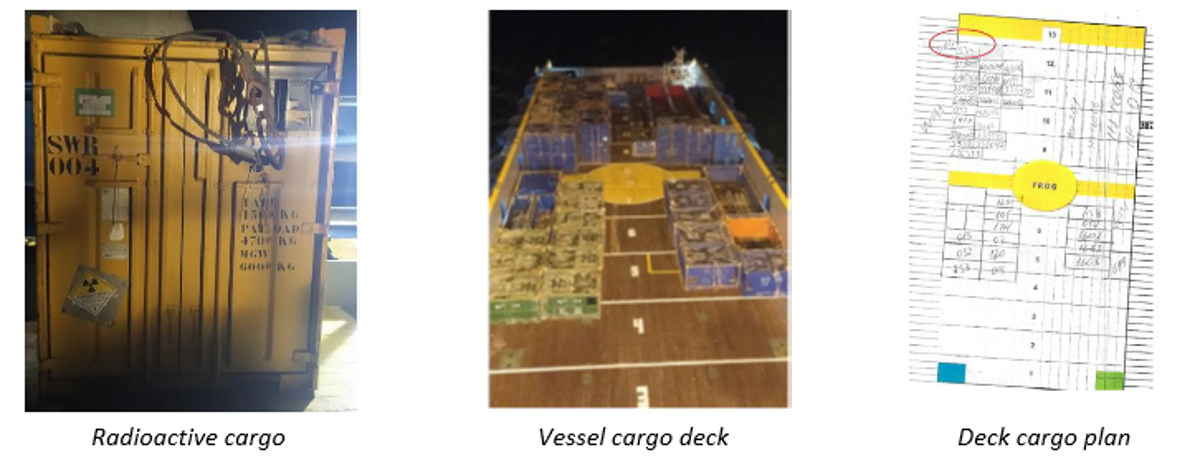Positive: STOP WORK by Master challenging Sailing Order
- Safety Flash
- Published on 14 August 2020
- Generated on 5 July 2025
- IMCA SF 24/20
- 1 minute read
Jump to:
What happened?
A Platform Supply Vessel (PSV) received sailing orders. All the cargo, with the exception of one item, was for one platform; the exception was a radioactive container for a second platform.
Local dangerous goods transportation procedures and regulatory requirement mandated that radioactive cargo must be loaded to the vessel as the last cargo and dispatched first at the highest priority. The Master challenged the sailing order for that reason, but this was rejected by the client’s logistics department. The issue was escalated to company vessel management, who fully supported the Master in the change to sailing orders to satisfy the local Dangerous Goods transfer priorities.

What went right?
- The Master exercised STOP WORK AUTHORITY and insisted the company’s clients change the sailing order to allow for safe, appropriate and legal transfer and dispatch of the radioactive cargo.
- The client and the company management actively collaborated and supported the Master in achieving a positive outcome.
IMCA Safety Flashes summarise key safety matters and incidents, allowing lessons to be more easily learnt for the benefit of the entire offshore industry.
The effectiveness of the IMCA Safety Flash system depends on the industry sharing information and so avoiding repeat incidents. Incidents are classified according to IOGP's Life Saving Rules.
All information is anonymised or sanitised, as appropriate, and warnings for graphic content included where possible.
IMCA makes every effort to ensure both the accuracy and reliability of the information shared, but is not be liable for any guidance and/or recommendation and/or statement herein contained.
The information contained in this document does not fulfil or replace any individual's or Member's legal, regulatory or other duties or obligations in respect of their operations. Individuals and Members remain solely responsible for the safe, lawful and proper conduct of their operations.
Share your safety incidents with IMCA online. Sign-up to receive Safety Flashes straight to your email.